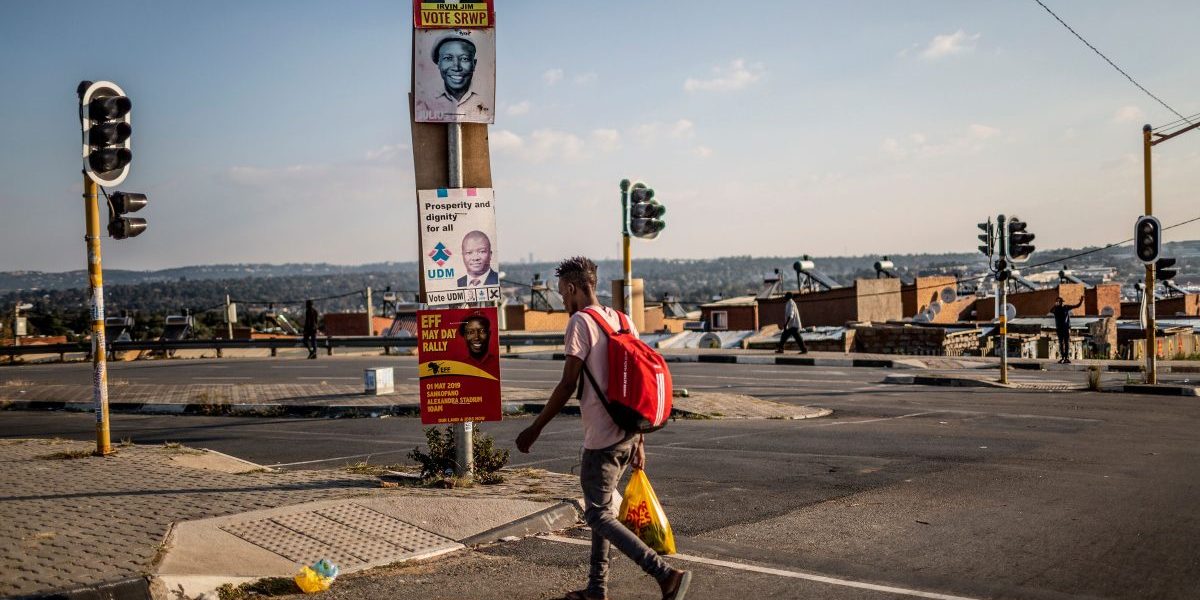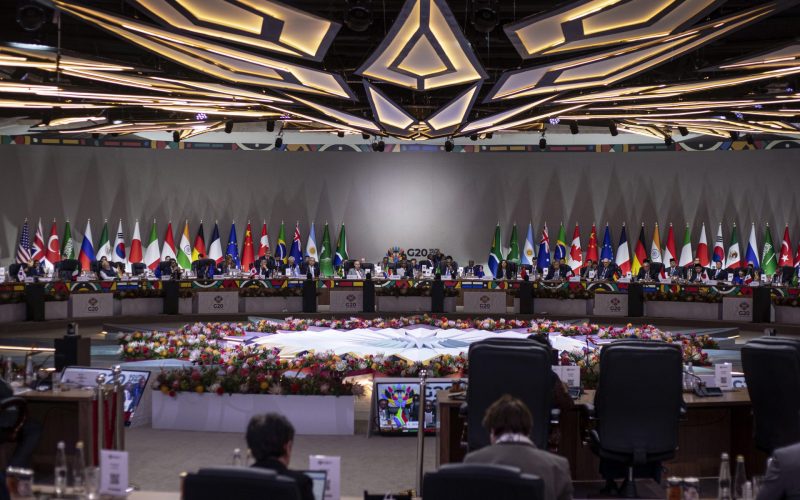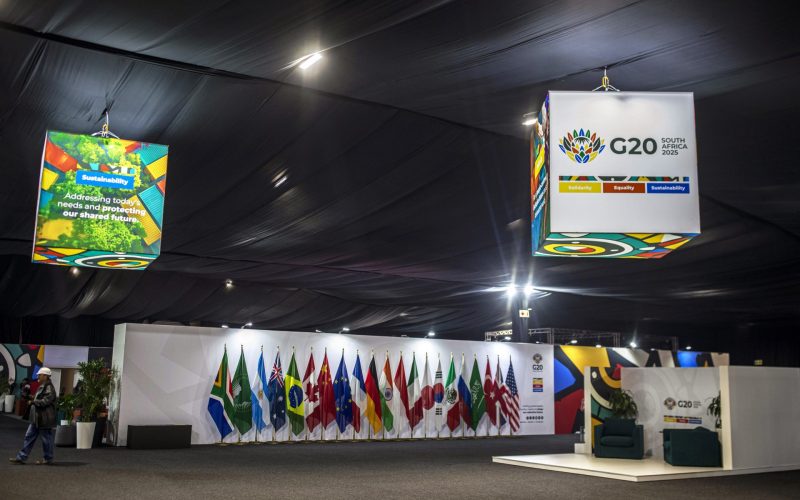The country is approaching these elections in the wake of some shocking reports of state corruption and graft reaching to the highest offices of leadership. Continuing high levels of poverty and unemployment, skewed development, lack of progress on transformation and stagnant growth have all dampened enthusiasm for the upcoming polls. Recent survey data reveals that more than half of young South Africans eligible to, are not registered to vote – with scores more proclaiming their intention to boycott the polls on 8 May. The malaise experienced on South Africa’s domestic front is paralleled in its international engagements too. Gone are the halcyon days of the “African Renaissance” led by former President Thabo Mbeki, who along with Obasanjo, Bouteflika and Wade championed African revival, self-sufficiency against a backdrop of economic growth, peace and stability. South Africa now seems less poised than any other point in its recent history to provide leadership to the continent, let alone in global affairs.
While President Zuma presided over some foreign policy failures, it would be unfair and inaccurate to lay the blame solely on him – as tempting a scapegoat it may be. Following from the “Ramaphoria” soon after Zuma was deposed in December 2017 and the need to attract investment into the country was also the need to recapture the moral authority that the country has lost over time. If Cyril Ramaphosa is able to make it across the finish line on 8 May with a convincing majority, he may seize the opportunity afforded by this renewed mandate to continue to push ahead with initiatives to grow the economy and expand South Africa’s soft power presence through pursuing key leadership positions and agendas.
Most immediately, this is likely to impact its position on the UN Security Council. For the next two years, South Africa will once again assume a non-permanent seat in the UN Security Council as part of the elected 10. This is the country’s third term since its first turn began in 2007. Given the intractability of great power positions on the wars in Syria and Yemen, political crisis in Venezuela and humanitarian crises in places like Myanmar – there is no shortage of opportunities for South Africa to display its leadership potential once again at the global realm. South Africa must however reconsider how it positions itself on these debates in a manner that best reflects its values and principles with considerations of how it can most effectively lead change. In this vein, it is heartening that South Africa has reversed its position on Myanmar and opted now to consider each resolution on its merit. While this is an obvious reaction to the backlash it has faced over the years on one of its earliest positions in the UNSC taken in 2007 – it is an encouraging sign that the country is beginning to position itself more strategically, in recognition of the nuances of international diplomacy and may be an indication of its growing maturity in the UN system.
With the country assuming the chairmanship of the African Union in 2020, its leadership in the AU will run concurrent to its last year as an elected member of the Security Council. This poses an unique opportunity to continue to push for greater collaboration between the two bodies in the realm of peace and security in Africa. To effectively lead the continent in this capacity however, South Africa will have to show its critics that it is up to the task. To do so, it must show renewed leadership in the wake of the debacle surrounding the appointment of Dr Nkosazana Dlamini Zuma to the AU Chairmanship in 2012. The rift that her appointment caused in the continental body in 2012, after a leadership battle with the Gabonese former AU Chairperson Jean Ping, dealt a severe blow to perceptions of South Africa as a continental leader. This will be the first test of its leadership in the aftermath of her tenure, and the continent will be watching to see if (what) lessons it has learnt before offering its support.
The country’s participation in the BRICS may still have important merit in this regard. Despite early questions about its appointment to the group, South Africa has shown its interest in developing the grouping’s global relevance. Through the establishment of the New Development Bank the grouping is forging new pathways, shifting established power dynamics and pushing for greater agency and voice of developing countries in global debates. Even in this space, South Africa’s commitment to the development of the continent is manifest.
South Africa will have to work hard to win the trust and support of the African continent as this is an integral component of its engagement in global affairs. While trust from international partners may be more forthcoming, the continent is the springboard of South Africa’s global aspirations and it will have to win hearts and minds (and by extension confidence) here before it can cast its aspirations further. This is a pragmatic imperative as much as it is idealistic: slow growth and dwindling resources means that South Africa must foster greater collaboration and commitment to multilateralism to further its vision of a peaceful, just and equitable world. The main challenge for the next government will be how it balances its domestic needs against the international and how it can best harness these resources.
Whatever the election outcome on 8 May, it is clear that South Africa is at an important juncture in its international leadership and foreign policy. It must harness these important opportunities in a manner that boosts the country’s overall reputation and recapture its moral authority in international affairs.








